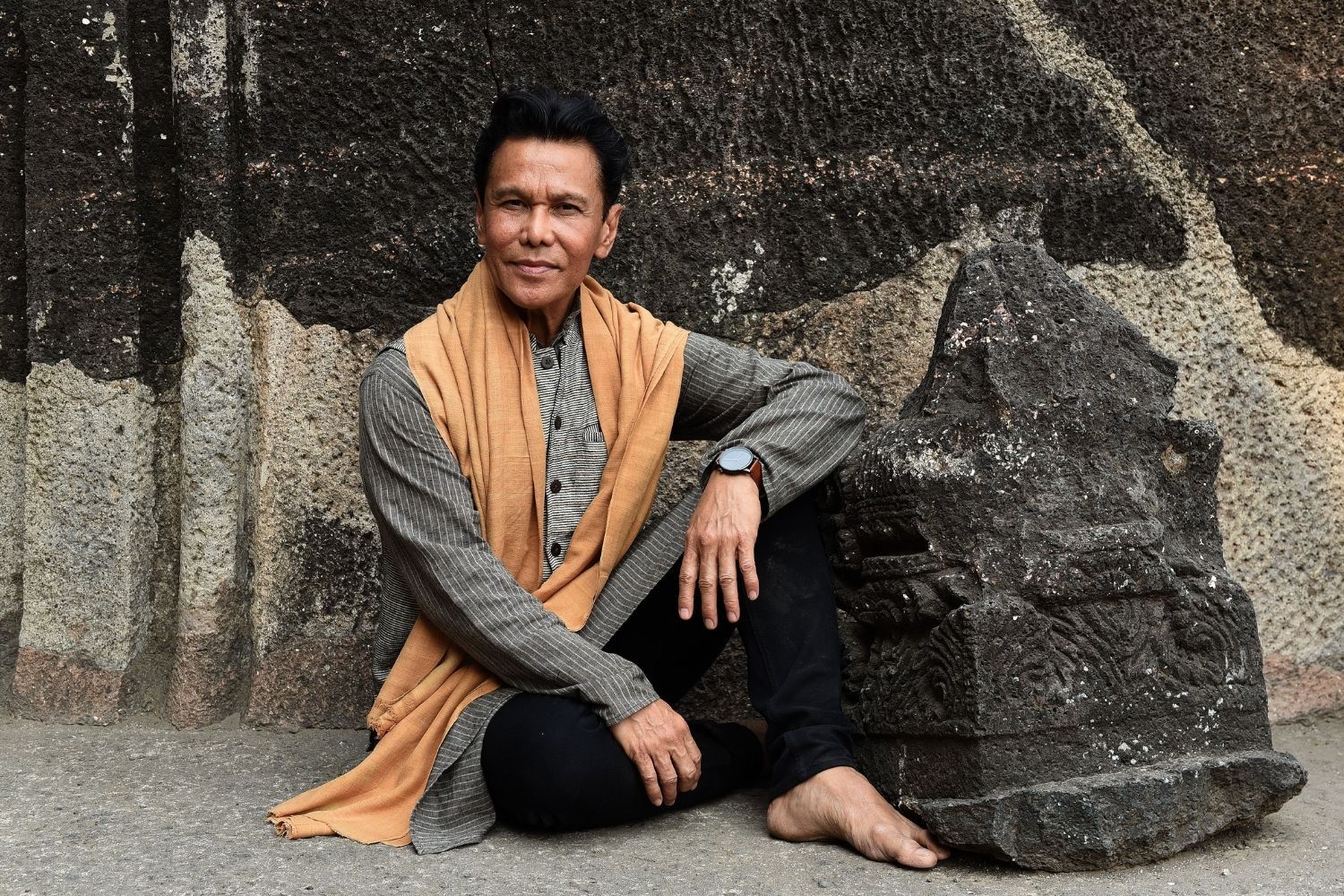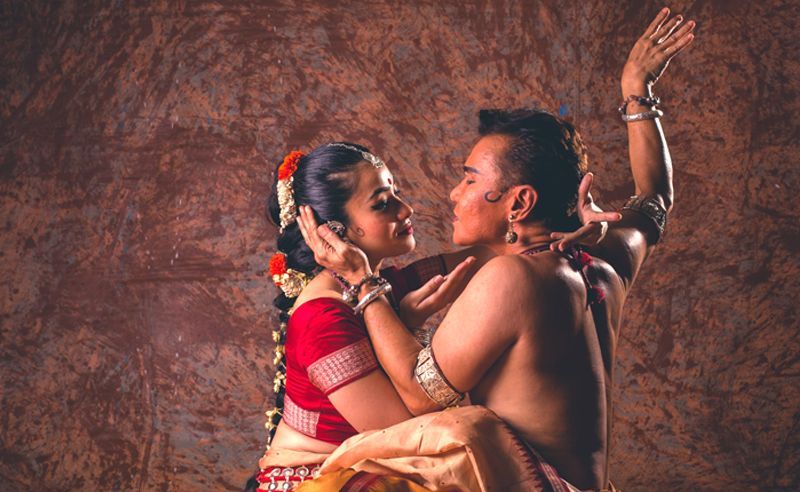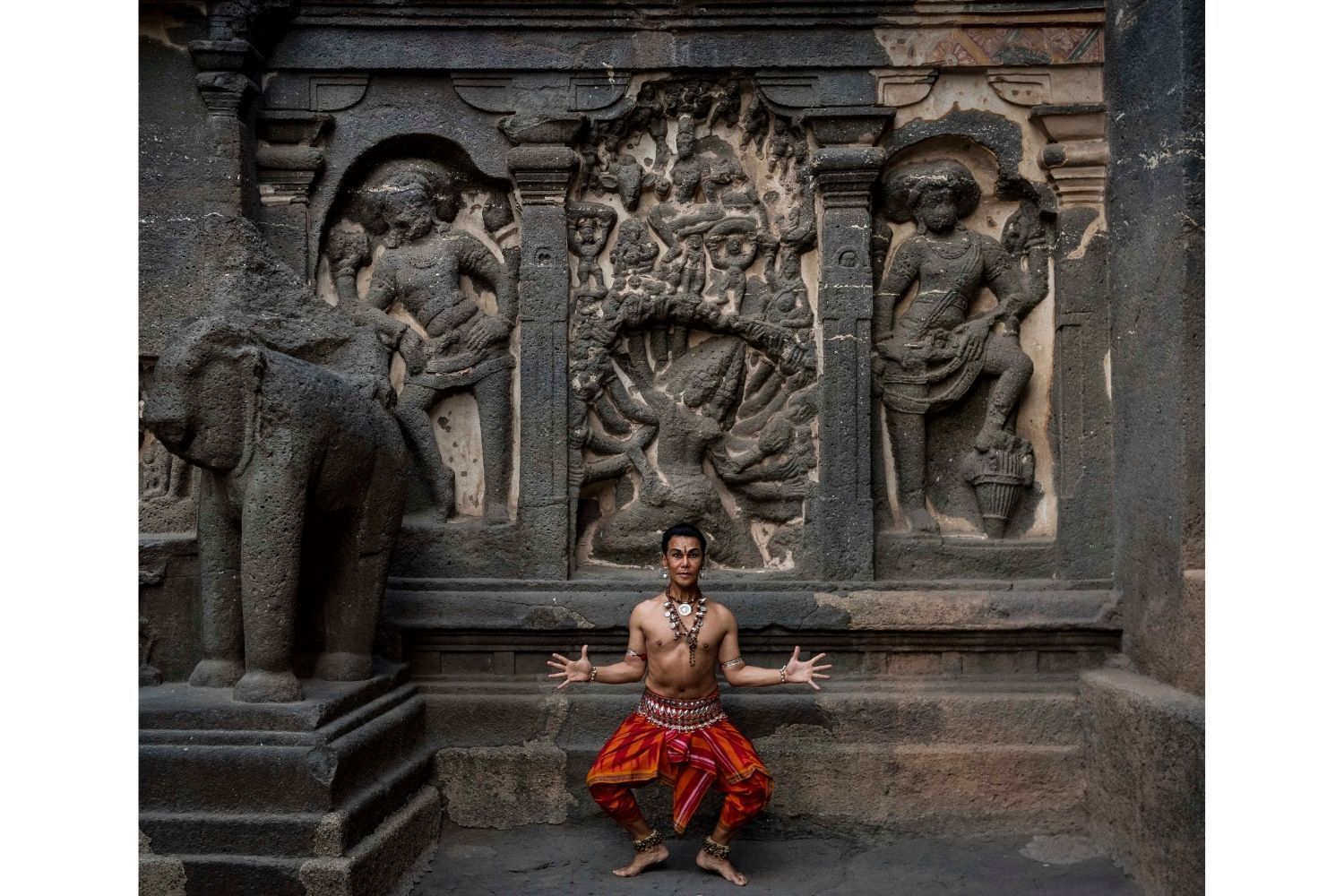Datuk Ramli Ibrahim, one of 12 Malaysians featured on Tatler Asia's Culture List 2021, speaks out about the tenacity of the local arts scene in the face of a pandemic
Very few in Malaysia can take credit for elevating the prestige and prominence of classical Indian and contemporary dance like Sutra Dance Theatre founder Datuk Ramli Ibrahim. Words like ‘legendary choreographer’ and ‘cultural icon’ skim the surface of how much this multi-hyphenate has truly contributed to the local and international arts scene.
Ramli trained in ballet and modern dance at a time when a career in the arts was dismissed as trivial, going on to lead a four decade-long mission cultivating the Classical Indian dance forms of Odissi and Bharata Natyam both here and abroad.
See also: Datuk Ramli Ibrahim On Finding Malaysia's Unique Voice By Using Our Multi-Ethnic Culture
In 2020, Ramli was appointed the artistic director for 13 out of the 17 dance, theatre and music groups featured in Malaysia’s first virtual arts festival, Gerak Angin. An outspoken voice on obstacles confronting Malaysia’s performing arts community—anything from lack of funding to upholding the morale of artists who have been dealt a devastating blow by the pandemic—Ramli’s work goes well beyond the stage.
Tatler Malaysia hears from this revered arts veteran on the tenacity of Malaysian artists and why the survival of the arts is crucial for our nation.

How did the pandemic affect the Sutra Foundation?
Several of Sutra's large scale projects were on hold due to the movement control orders. We are still optimistic that these projects will soon see the light of day in 2021. We are now concentrating our efforts on strengthening Sutra Academy, our teaching wing; and consolidating Sutra's endeavours with regard to our Dance Outreach programme. This is our attempt to discover new talents in the out-of-city localities.
How has it affected the way you personally work?
I have always been a disciplined person and I have always worked on 'emergency mode' even during normal times. Functioning professionally in the arts has so many challenges that in order to succeed, one has to be extraordinarily strong and disciplined. The pandemic has made me more reflective of how precarious our lives are, and I now have even more empathy for those young dancers from less privileged backgrounds.
Was there a silver lining throughout these challenges, though?
Sutra's office carried on during the MCO and no one had lost his job. Admittedly, before Covid we had been relentless with our hectic performances. The movement control period ironically provided us with a much-needed breather to catch up on the lagged admin work and necessary improvement to our infrastructures. We were able to revamp our website, our archival materials are now in place, storage and inventory matters for Sutra Gallery have been updated, and our Sutra and KamaRia gardens went through a thorough facelift.


